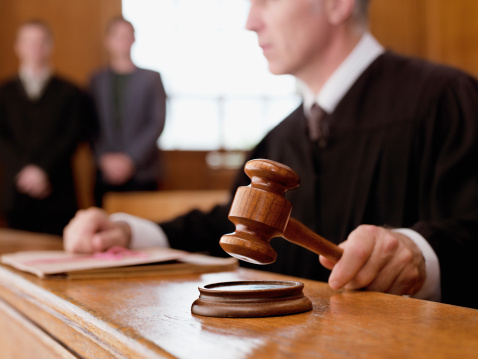What is The Joint Committee on the Judiciary

In the United States of America, a Joint Committee on the Judiciary is a name for a legislative committee that overlooks all the programs, decisions and administrative issues of the judiciary system and courts. Be aware of the fact that not all states use the name of the Joint Committee. Every state has its own committee that handles the responsibilities of its matters in its own jurisdiction. Members of the committee include the members of the House of Representatives or Senate, and come from various districts within the state and a number of political parties to guarantee the honesty of the committee.
Instructions
-
1
How the committee works?
In majority of the states, every committee is made up of two chairs or co chairs, two ranking minority members and two vice chairs. Every set of ranked person is made up of a member from the Senate and one member from the House of Representatives. As a result of this, this group is called a joint committee. Moreover, the other members of the committee include equal members from the Senate and the House. -
2
The handling of matters in court proceedings
The role of the joint committee is vast and is not limited in any reference. They are informed of all judicial issues like criminal law proceedings, parole hearings, adoptions, wills, appeals and divorce cases. The committee also overlooks the courts as members of Pardons and Paroles, workers compensation commissioners and for newly appointed judges. Another thing they track is the matters of the observances of the safeguarding of public documents and keep tabs of all claims made against the state. They can also keep an eye on court related nominations such Department of Corrections and the Commission on Human Rights and Opportunities. -
3
The authorities of the joint committee
The responsibility of the joint committee on the judiciary is the passing of some bills. Bills that will proceed in a civil ruling with penalties of fines overhead a particular amount and all bills with criminal punishments will normally go ahead of the committee. It is their foremost responsibility to act as a safeguard to guarantee that the bills have certain penalties and punishments that are in accord with constitutional law. Moreover, judicial reforms are also heard by the committee and members have the authority to pass or veto the reforms. Bills that meet the requirements for civil or criminal activities are presented before the committee.





